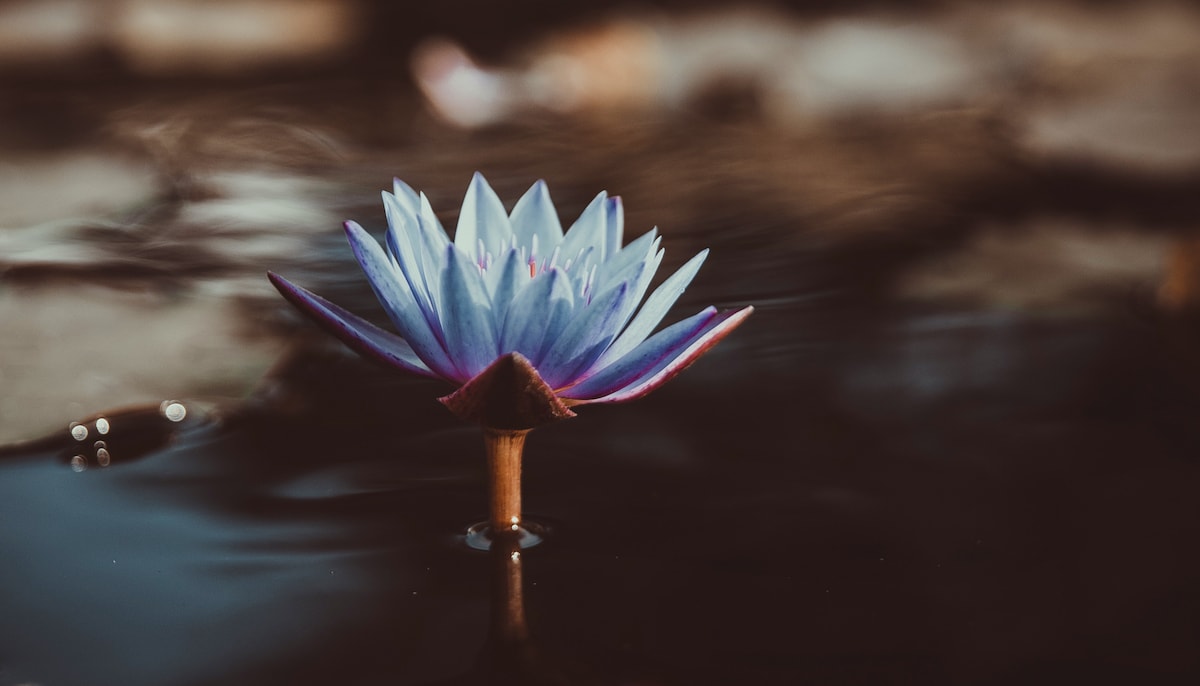Insights continue to emerge for me as I metabolize the abiding nourishment that was the Gathering of Buddhist Teachers of Black African Descent. It occurs to me that the leadership and experiences of Black Buddhists offer a marvelous point of reflection at all times, including in February, when Black History Month is celebrated in American society.
Black history is our shared history of the contributions of Black people of the African Diaspora that have enriched all humans in every field of endeavor. All humans have likewise been impacted by the enslavement and colonization of people of African heritage.
Regardless of ethnicity or national origin, contemplation of our lives and those of previous generations in relation to colonialism and enslavement of Africans affords us a fuller picture of who we are and how we have arrived at this moment. As a Black Buddhist, I endeavor to explore this karmic bond to extract treasures of wisdom from this suffering and to open pathways to courage, resilience and right action.
At The Gathering, I kept thinking about what it means for humans to be free within ourselves, despite social, political, or “legal” imprisonment or persecution.
How do I use the sufferings of racism, sexism, ageism, homophobia, etc. as grist for the mill of my enlightenment and the enlightenment of all living beings?
As a Buddhist and an activist, I understand that the most basic liberation we need is the liberation of one’s consciousness. Enlightenment is absolute freedom because it reflects the dissolution of the dependent relationship between one’s circumstances and one’s state of mind.
Absolute freedom, absolute happiness, is contingent on nothing. It arises as what Daisaku Ikeda calls “joy in living, joy in the earth, joy in the faces and movements of people, everything is colored with joy.” This differs from relative happiness which is dependent upon having some or all of one’s “hierarchy of needs” met. Absolute happiness transcends need.
But I do want and need things. In prayer and meditation, I notice the constant thoughts of what I want and need. Mostly I want things to go well, I want things to be fair, I want the world to be better. So, I use my Buddhist practice to reflect on how I can embody and embolden the transformation of poison into medicine.
How do I transform earthly desires into enlightenment? How do I use the sufferings of racism, sexism, ageism, homophobia, etc. as grist for the mill of my enlightenment and the enlightenment of all living beings?
One thing I know I must do is keep it real and keep it regular. As I carry out my daily practice, I chant Nam Myoho Renge Kyo with my heart and mind focused on purifying the realities that I am facing here and now. This means purifying my perspective so that I can act wisely and bravely as I engage with those realities.
My friend and fellow Buddhist Lucien used to say, “You’re only as good as your next recitation of Nam Myoho Renge Kyo.” This was his light-hearted way of reminding us that Buddhism is a practice. If I have not practiced much lately, or with any determination, then my sense of internal freedom and alignment with the inherent compassion and wisdom of the universe will reflect that.
Hence the degree to which I am effective at creating justice, both internally and externally, is a reflection of how much I have resourced my efforts in the world with the wellspring of my enlightened mind through assiduous practice.
One epiphany that emerged for me as The Gathering was ending was that this event, this moment, this life, was and is a sacred, timeless space where beings with whom I share a spiritual, cultural, and ancestral heritage have always dwelled together. I experienced those of us gathered as being eternal Buddhists comrades who emerged together in this lifetime as Black African Buddhists to be guideposts for humanity in thriving through tyranny and relentless oppression.
All sentient beings share an interdependent and eternal bond, and the places and periods we appear in together are settings for our mutually aided development. Those of us who are Black Buddhists of African Descent in this era can teach the alchemy of transforming the sufferings of injustice into wisdom and the courage to act for our own sake and for that of countless living beings.
The experience of being black and Buddhist for me is one of constantly emerging. During the Gathering, I thought often of my mother, from whom I emerged into this life. It is she who introduced me to liberation theology, first through the practice and study of Islam and later by teaching me Buddhism. She taught me that the lotus flower was important in Buddhism because it symbolizes the beauty that grows in the muddy swamp, the triumph that can only come from tribulation transformed. She told me often of her long labor on a racially segregated ward of Bedford Stuyvesant hospital and how that ordeal, which brought me forth, represented to her the rewards of determination grounded in a spiritual commitment.
The meaning of ‘emerging” is to come out, to come forth, to come to light. During the Gathering, I thought about how my Buddhist practice helped me find innumerable spaces outside the limitations of sexual orientation and gender identity taxonomies imposed by a world insistent upon contrived classifications of human ways of being and loving. I came out of that because of my practice of Buddhism.
My understanding of the concept of emerging has deepened and broadened. Emerging means arriving and being present in each new second with all its fresh spatial, relational, and biochemical dynamics. I reflect often on the 15th chapter of the Lotus Sutra, in which infinite bodhisattvas emerge from the earth to fulfill their vow to save countless living beings. I remember that they emerged dancing.
Thus emerging, stepping out into the garden at Union Theological Seminary after the public panel discussion, I experienced an awareness both sublime and pervasive. As the trees swayed and bowed in the soft October wind, I understood what it is to be “caressed by the breezes of true self, eternity, purity and happiness” (from “Reply to Matsuno”, Writings of Nichiren Daishonin).
I understand that I was born in this lifetime as a black Buddhist woman so that I could experience the sexism, racism, and homophobia that would ignite my seeking mind to find ways to extinguish suffering. I know that my struggles and those of my people, all people, are tinder for the flame of social justice in my heart. Taking sagacious action informed by daily practice, I learn and teach Buddhism and contemplative practice as a path to liberation.

